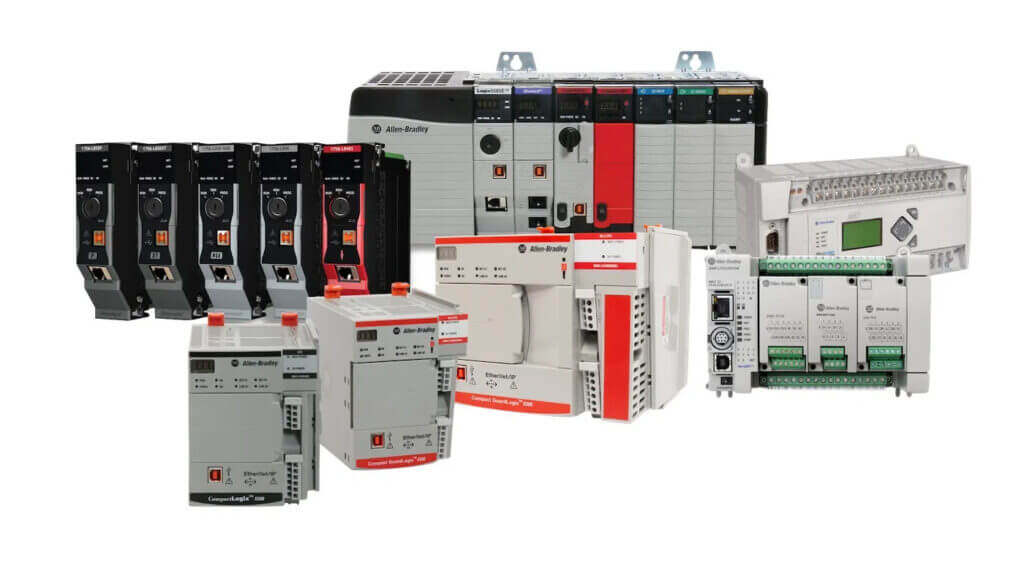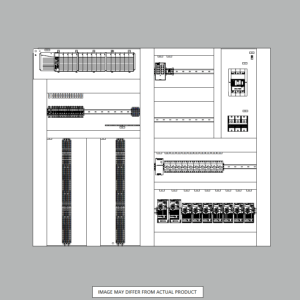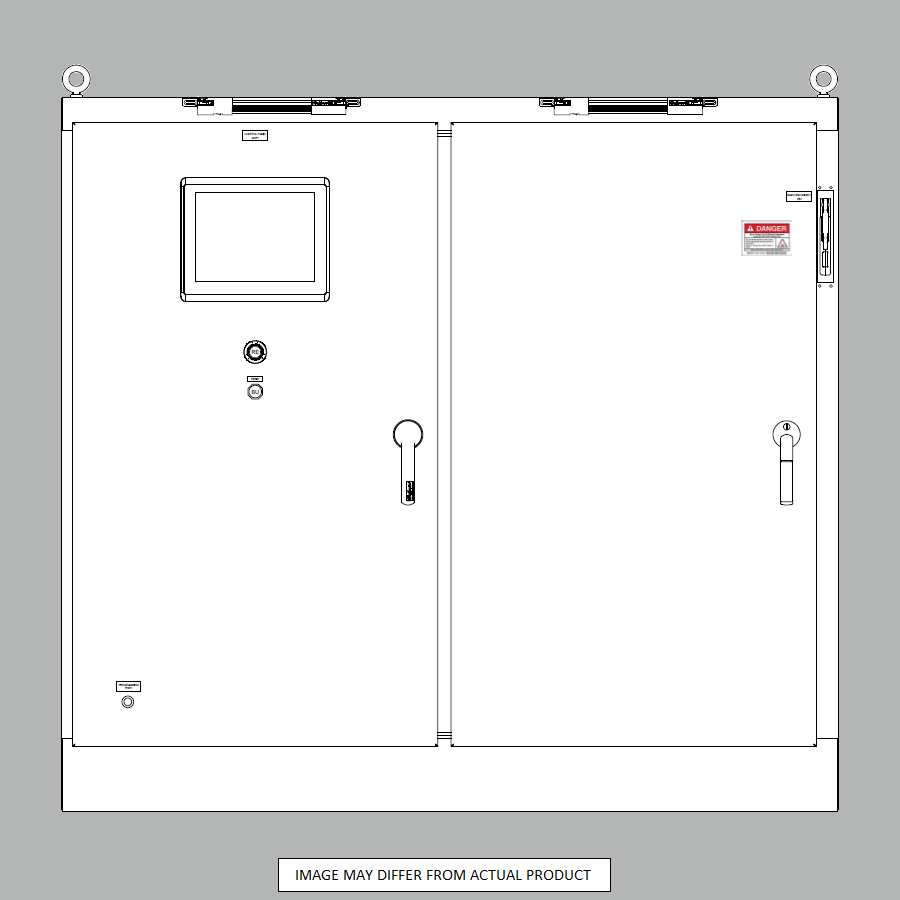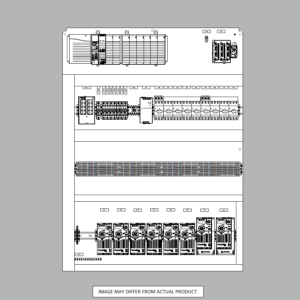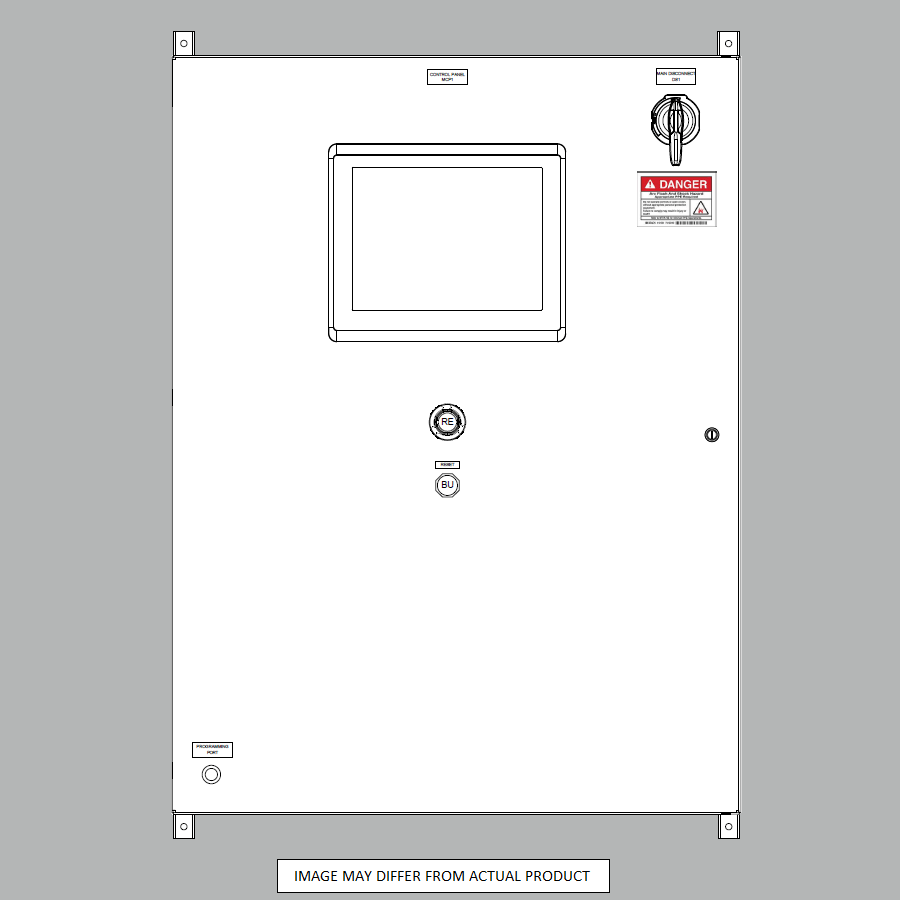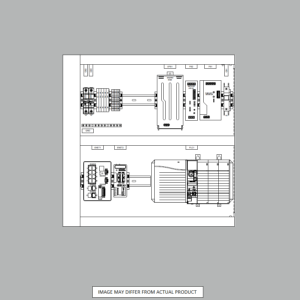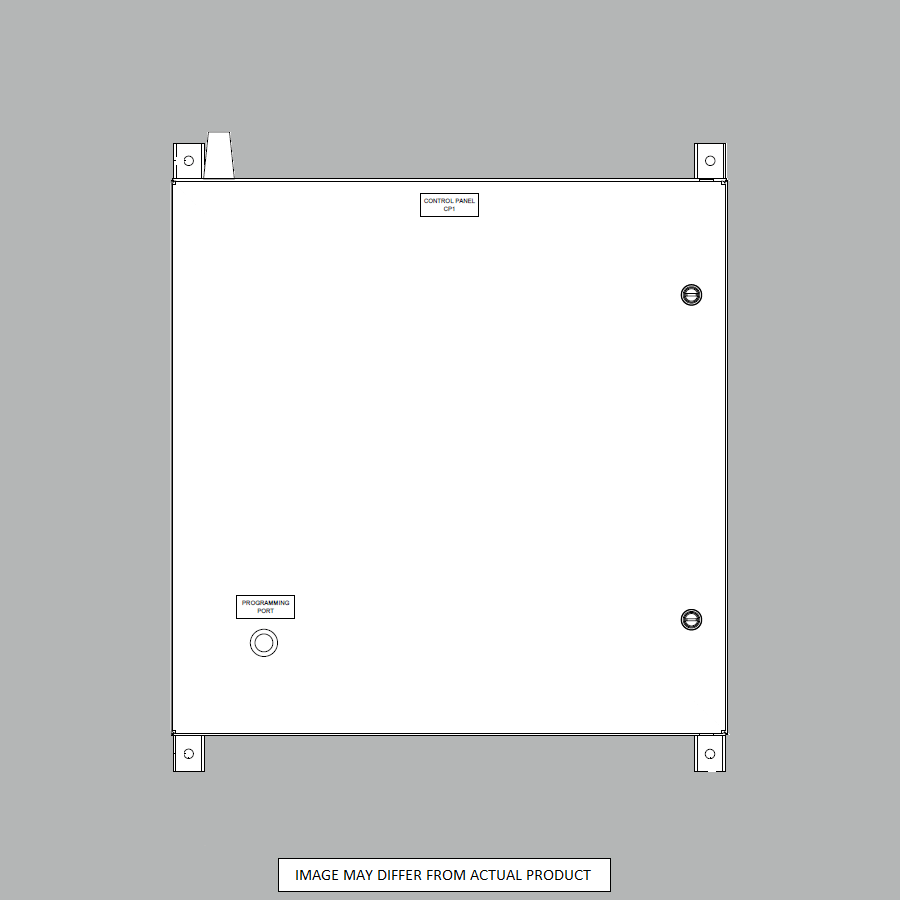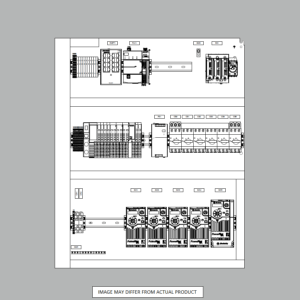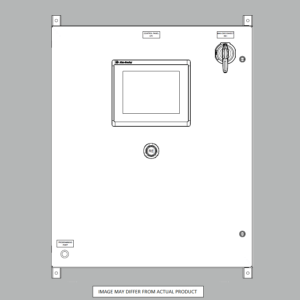How to Choose the Correct PLC
So you need to automate… a machine… a process. Choosing a PLC for the job can be confusing. Micro820, sure why not. Or wait, do I need a Micro850? Or a CompactLogix. But do you really need to spend the extra money on a high end PLC?
Instead of all the tech specs, lets just boil it down some judgement calls. Which PLC will fit your need?
- Micro810: Just needing to start a motor or open a valve or two. Have a couple 4-5 analog or discrete inputs. Needing basic flexible programming logic. Not worried about a touchscreen to change settings or networking to send signals to other systems. Fixed amount of inputs and outputs, not expandable. Very cost efficient.
- Micro820: Needing to control more motors/valves than Micro810. One analog output on-board. 9-10 analog or discrete inputs. Needing basic flexible programming logic. More PLC memory than Micro810. Also need the operator to change settings here and there. Troubleshooting is necessary to get to the issues quickly. Networking could be needed to send signals to other systems or collecting small amounts of data. Slightly expandable number of inputs and outputs (2 plug-in modules available). Slightly more expensive, but still cost efficient.
- Micro850: Needing to control more motors/valves than Micro820. One analog output on-board. 25-30 analog or discrete inputs. Needing basic flexible programming logic. More PLC memory than Micro820. Also need the operator to change settings here and there. Troubleshooting is necessary to get to the issue quickly. Networking could be needed to send signals to other systems or collecting small amounts of data. More plug-in slots available. Expandable input/output modules available. More Expensive.
- CompactLogix: Full PLC flexibility. Imbedded Safety optional. Motion Control optional. Networking centric. Distributed controls system ready (what does this mean? Adding input/output panels in locations away from the main PLC panel is a usual practice). Reusable Block Programming Logic. Data Collection. Online logic changes. Able to control multiple machines or processes. Available with many levels of memory. Most Expensive.
Ok, so you read through all of this. Still confused about choosing a PLC? Just take a look around your system and count the number of devices you are needing to control. 2 Pumps. 2 Level Switches, 8 Valves with open/close feedback, etc. Then how complex will the logic need to be to control this system. Pretty straight forward? Lots of different conditions to watch for? This will lead you into a smaller or larger PLC. Need to bounce your thoughts off an expert? Contact Us
SHOP NOW
-
Large Process Automation: Panelview 5000, ControlLogix 5580
$21,389.00 Select options -
Small Process Automation: Panelview 5000, ControlLogix 5580
$17,999.00 Select options -
Small Process Automation: ControlLogix 5580, UPS Battery Backup, Cellular Modem
$16,999.00 Select options -
Advanced Automation: Panelview 5000, Safety CompactLogix 5380
$8,499.00 Select options

